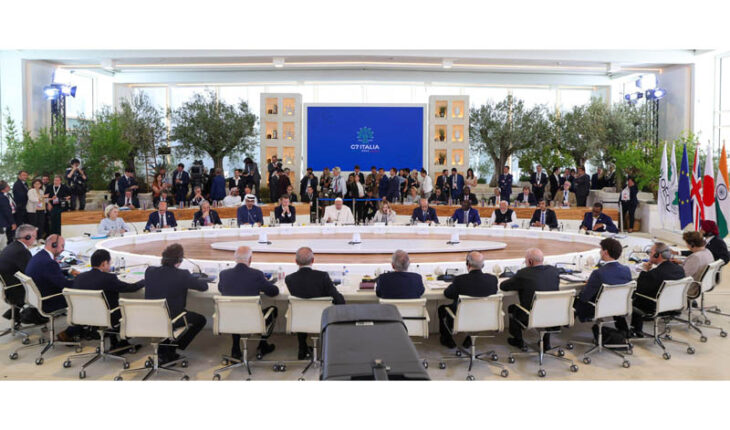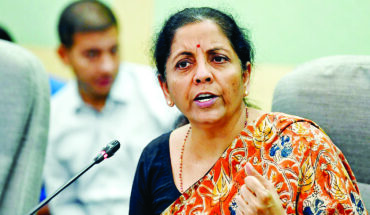The recent “G-7 Outreach” Summit, hosted by Italy’s Prime Minister Giorgia Meloni, marked a significant departure from traditional gatherings. With leaders from ten countries, including India’s Prime Minister Narendra Modi, the summit aimed to move beyond the outdated “West vs the Rest” narrative. Italy’s decision to invite predominantly Global South countries, such as BRICS members Brazil, India, and the UAE, alongside seven African nations to discuss energy issues, and to hold the summit in the Mediterranean Apulia region, underscores this shift. Historically, the G-7 was a powerhouse of the world’s most developed democracies, convening to address global financial and developmental challenges. Yet, recent years have seen this dynamic group struggle. Manufacturing slowdowns, the COVID-19 pandemic, and the fallout from the Russia-Ukraine conflict and Western sanctions have left the G-7 appearing weary and less effective. The unstable political fortunes of many G-7 leaders have further weakened the group’s image. While the G-7 reiterated its “military, budget, humanitarian, and reconstruction support” for Ukraine, it lacked a clear strategy to end the war. Similarly, the call for a Gaza ceasefire was not embraced by Israel. The sharp focus on China’s role in the Indo-Pacific and concerns over “industrial targeting” and unfair practices raised doubts about whether any G-7 nation would reduce its significant trade ties with Beijing. Commitments to infrastructure projects, like the India-Middle East-Europe Corridor, seemed more rhetorical than actionable. For India, attending for the eleventh time, the summit offered Modi a platform to engage with global leaders. However, the lack of substantial bilateral meetings with key partners like the U.S. and Canada was notable. Modi highlighted India’s democratic achievements, the potential of technology and AI to reduce global inequalities, and the importance of the Global South, particularly Africa. Yet, these issues might find more effective discussion and resolution within the broader, more inclusive G-20 framework.
G-7 finally moves toward inclusivity and relevance
Published Date: 22-06-2024 | 8:17 pm





